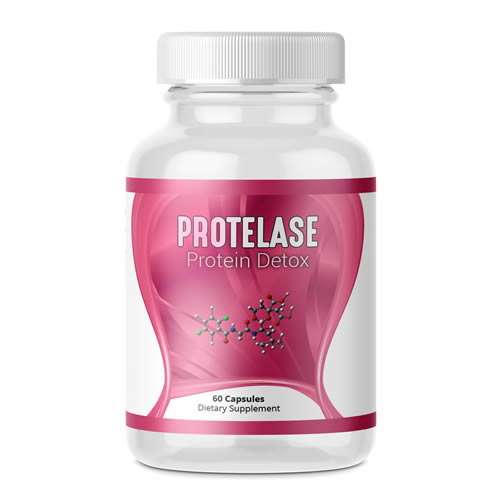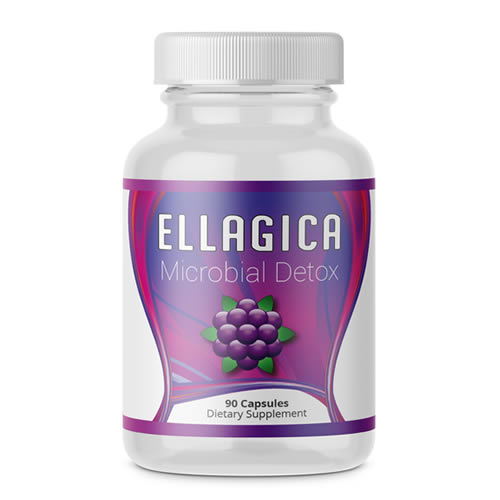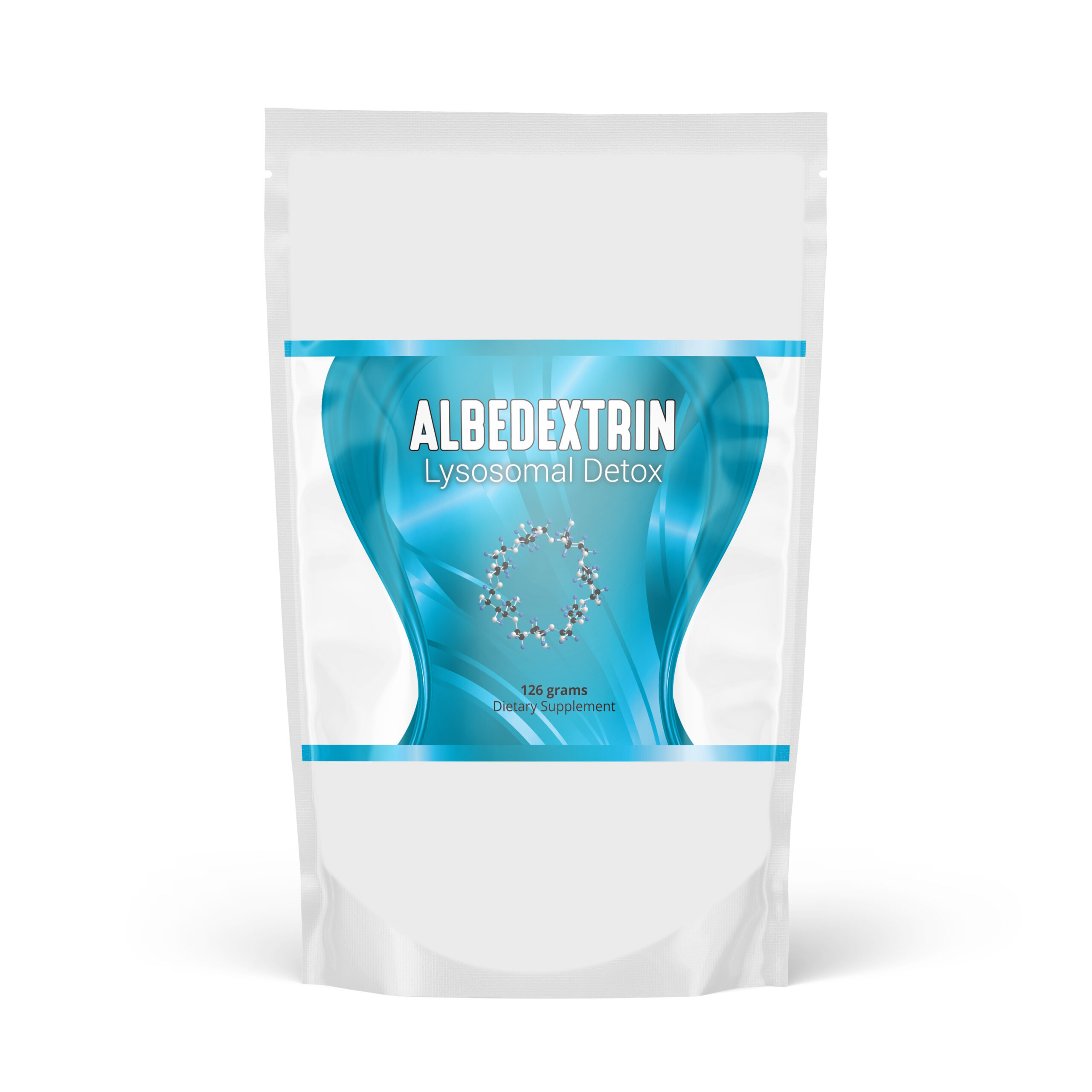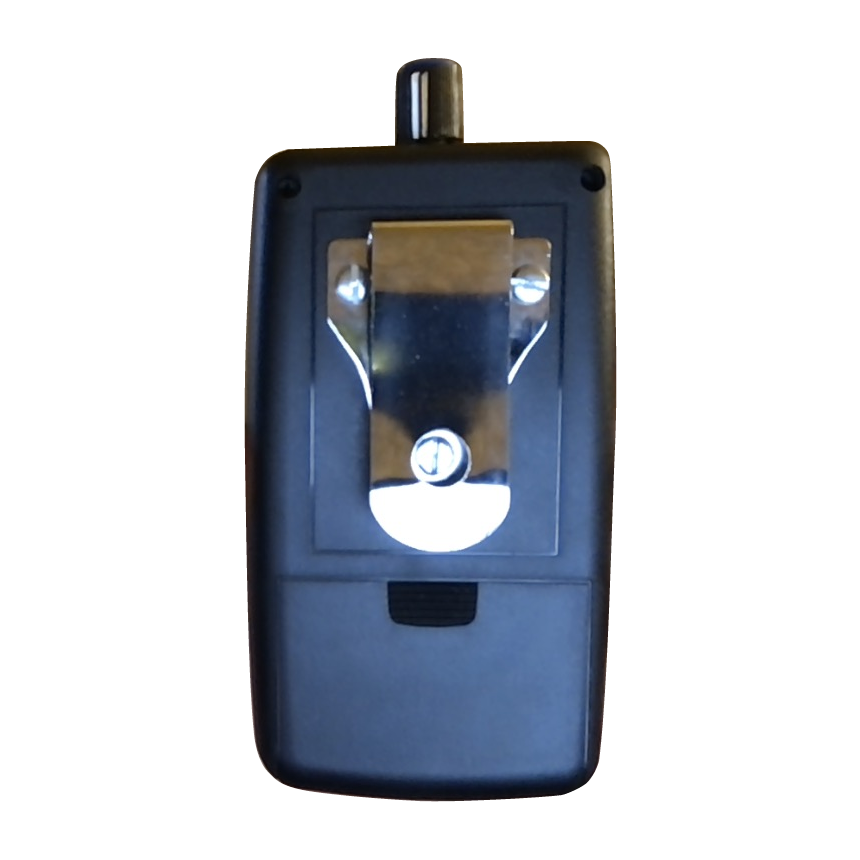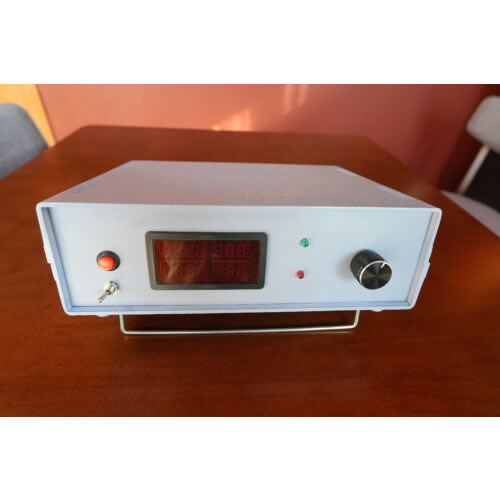Protelase: Toxic protein detox
$99.00
Support the body in detoxifying microclots, toxic proteins and foreign genetic material.
163 in stock (can be backordered)
Support the body in detoxifying toxic proteins and foreign genetic material.
- Toxic proteins
- Misfolded proteins
- Foreign genetic material
- Microclots, Fibrin and NETs
- Allergens and leaky gut
- Anti-aging
- Autophagy
- Rejuvenation
 Toxic proteins can trigger IGG4 diseases, blood clots, auto immune issues and more. Proteolytic enzymes such as nattokinase, serrapeptase and pancreatin may support the dealing with toxic proteins.
Toxic proteins can trigger IGG4 diseases, blood clots, auto immune issues and more. Proteolytic enzymes such as nattokinase, serrapeptase and pancreatin may support the dealing with toxic proteins.
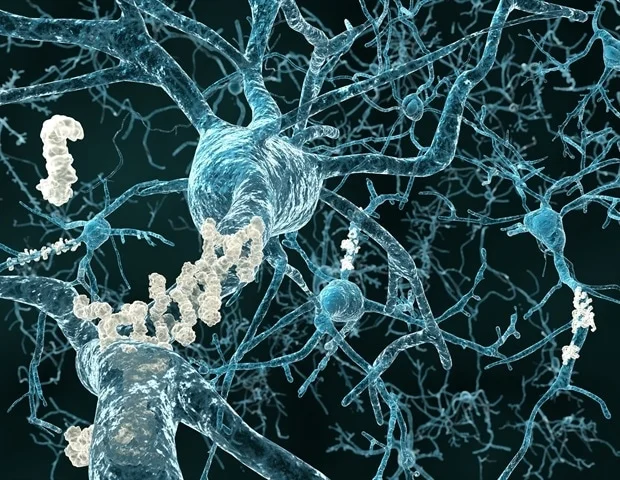 Toxic proteins can break down into 7 misfolded proteins (prion like fragments) that when released may promote amyloid plaque in the brain. If you are doing a toxic protein detox, consider our Albedextrin product to support the body in dealing with misfolded proteins.
Toxic proteins can break down into 7 misfolded proteins (prion like fragments) that when released may promote amyloid plaque in the brain. If you are doing a toxic protein detox, consider our Albedextrin product to support the body in dealing with misfolded proteins.
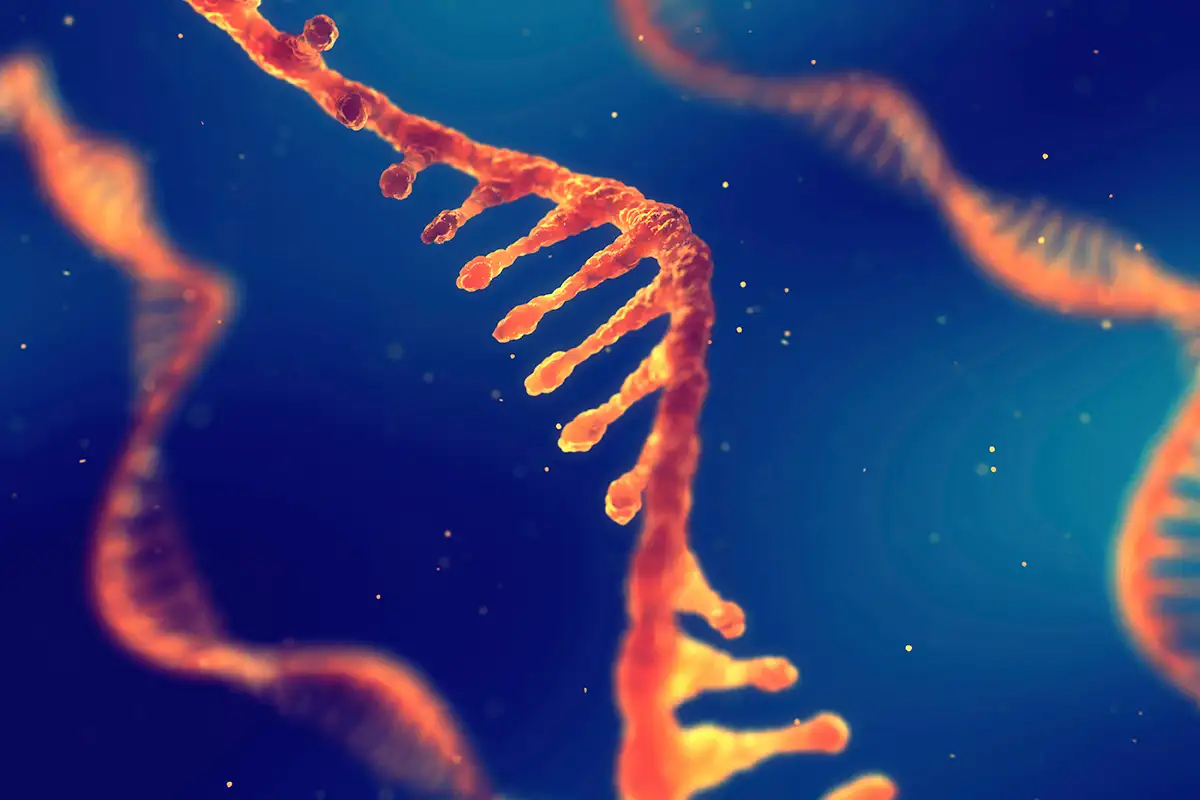 Foreign genetic material is also composed of protein. Proteolytic agents may support the body in dealing with foreign genetic material.
Foreign genetic material is also composed of protein. Proteolytic agents may support the body in dealing with foreign genetic material.
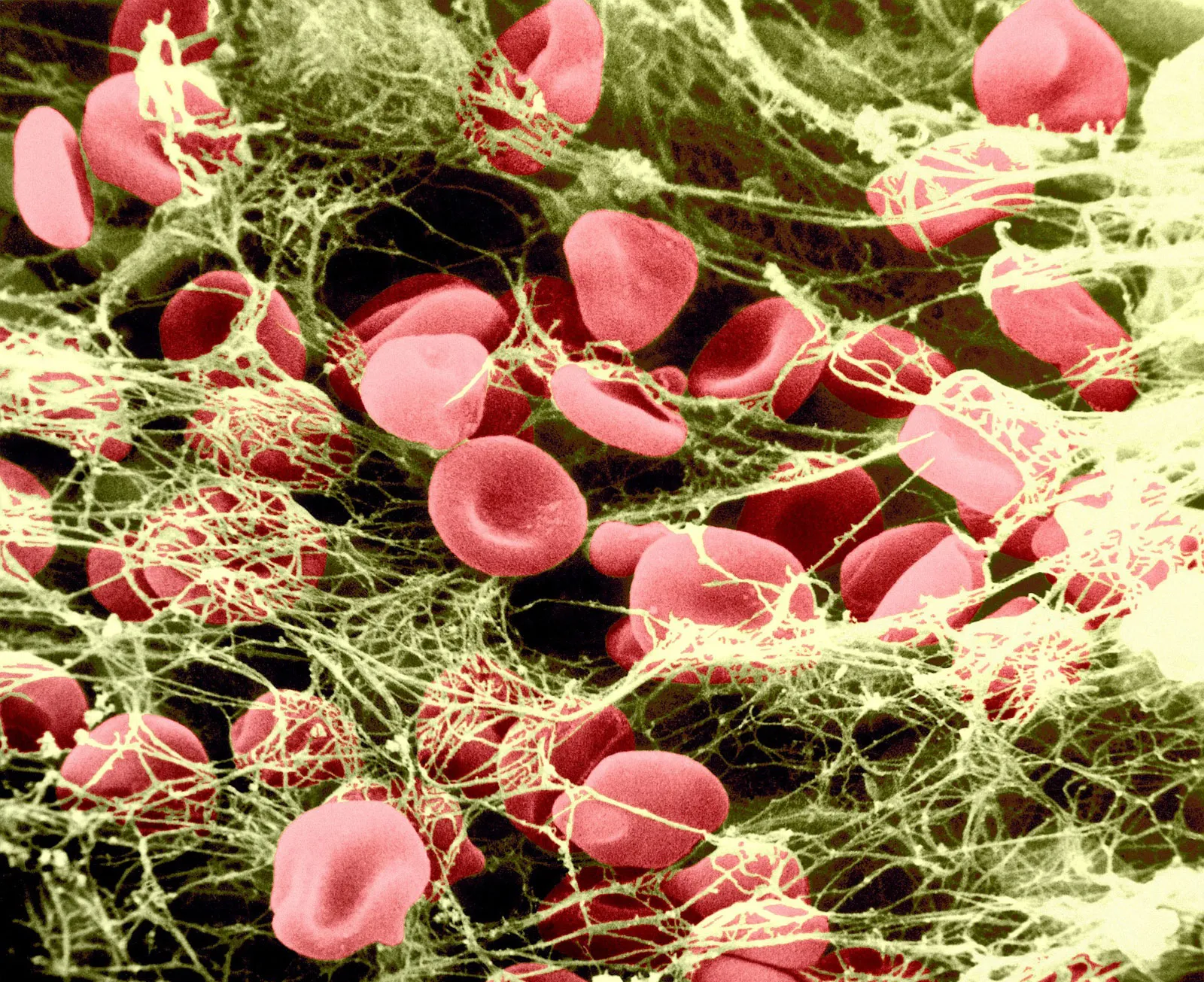 Toxic proteins can trigger fibrin (the netting that makes blood clots) and NETs (neutrophil extracellular traps made of DNA) which may cause giant blood clots. Fibrin and NETs are both proteins. Proteolytic agents may support the body in detoxifying tibrin and NETs.
Toxic proteins can trigger fibrin (the netting that makes blood clots) and NETs (neutrophil extracellular traps made of DNA) which may cause giant blood clots. Fibrin and NETs are both proteins. Proteolytic agents may support the body in detoxifying tibrin and NETs.
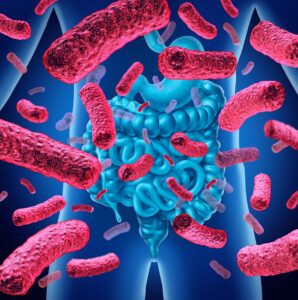
Many people have some degree of leaky gut (and therefore leaky brain as well) from gluten consumption (wheat, barley and rye), and subclinical E. Coli infections (E. Coli is endogenous to the gut). This allows undigested proteins into the bloodstream which can lead to allergies, mast cell activation, blood clotting and fatigue. Consider proteolytic enzymes in a liposomal form.
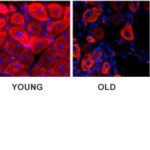 Here are two microscopic images of mouse muscle. The one on the left is a young mouse, equivalent to a 20 year old human. The one on the right is an older mouse, equivalent to an 80 year old human. You can count 20 healthy muscle cells on the left, but on the right, only 10 healthy muscle cells remain. The dark area is the scar tissue that has accumulated over the mouse’s lifespan. Of the 10 cells that remain, you can see that 4 are faded. These are senescent cells, that is, cells that are old, barely functioning and on their way to being to becoming scar tissue. Serrapeptase supports removal of scar tissue.
Here are two microscopic images of mouse muscle. The one on the left is a young mouse, equivalent to a 20 year old human. The one on the right is an older mouse, equivalent to an 80 year old human. You can count 20 healthy muscle cells on the left, but on the right, only 10 healthy muscle cells remain. The dark area is the scar tissue that has accumulated over the mouse’s lifespan. Of the 10 cells that remain, you can see that 4 are faded. These are senescent cells, that is, cells that are old, barely functioning and on their way to being to becoming scar tissue. Serrapeptase supports removal of scar tissue.
 In nature, there are periods of feast and famine. When food is not plentiful, the body breaks down its own tissue to meet metabolic needs. This auto-cannibalism is not haphazard however. Weak, damaged, senescent and dead cells are recycled first in a process called autophagy. In our culture however, for most of us, food is never farther away than the nearest refrigerator so most of us never go into autophagy. This leads to a build up of weak, damaged, senescent cells that we see and experience as aging. If you have the time and inclination to fast for 3 to 10 days once a year, or are willing to regularly miss meals and go hungry (intermittent fasting), autophagy can do wonders for your health and longevity. If fasting is not your preference, then serrapeptase is your next best option.
In nature, there are periods of feast and famine. When food is not plentiful, the body breaks down its own tissue to meet metabolic needs. This auto-cannibalism is not haphazard however. Weak, damaged, senescent and dead cells are recycled first in a process called autophagy. In our culture however, for most of us, food is never farther away than the nearest refrigerator so most of us never go into autophagy. This leads to a build up of weak, damaged, senescent cells that we see and experience as aging. If you have the time and inclination to fast for 3 to 10 days once a year, or are willing to regularly miss meals and go hungry (intermittent fasting), autophagy can do wonders for your health and longevity. If fasting is not your preference, then serrapeptase is your next best option.
 These two mice are the same age. The difference is that the younger looking mouse was genetically engineered to have senescent cells self destruct. No senescent cells… therefore no scar tissue either. It’s also unlikely that the younger looking mouse will ever develop cancer since many unwanted tissue growths develop out of senescent cells and scar tissue. While serrapeptase supports the body in the removal of scar tissue, ellagic acid (see our Ellagica product) supports the body in the removal of senescent cells.
These two mice are the same age. The difference is that the younger looking mouse was genetically engineered to have senescent cells self destruct. No senescent cells… therefore no scar tissue either. It’s also unlikely that the younger looking mouse will ever develop cancer since many unwanted tissue growths develop out of senescent cells and scar tissue. While serrapeptase supports the body in the removal of scar tissue, ellagic acid (see our Ellagica product) supports the body in the removal of senescent cells.
Protocol: Take one one an empty stomach. If well tolerated, take two the following day. If well tolerated, take three the following day. Take no more than four per day.
Ingredients: Nattokinase, serrapeptase, lumbrokinase, pancreatin in a liposomal base (sunflower lecithin, MCT, Phoscal, ethanol, vegetable glycerine, candillia wax, water and hypromellose.
You may wish to consider these as well
Toxic protein degrades P53, a key cancer preventing gene. Consider using ellagic acid as a P53 analog.
When toxic proteins break down, 7 misfolded protein fragments may be released that may promote amyloid plaque in the brain. Cyclodextrins may support the body in detoxifying misfolded proteins as well as amyloid plaque.
Toxic protein can cause blood clots. You may wish to raise the zeta potential of your blood to keep things moving along nicely.

